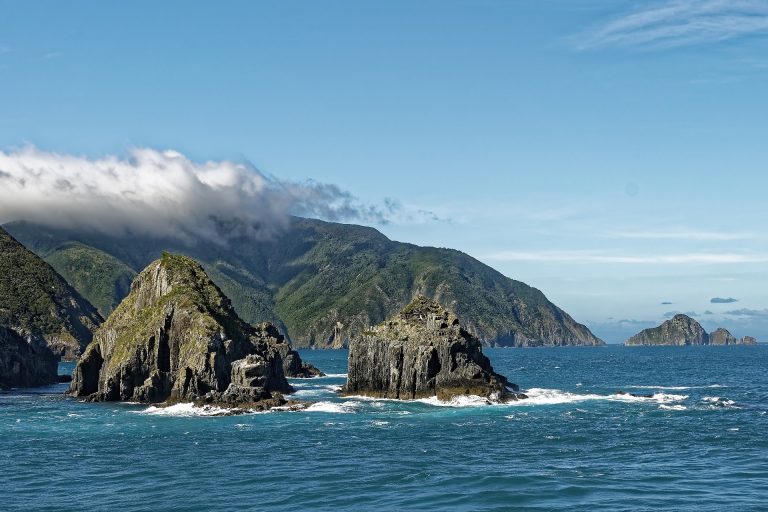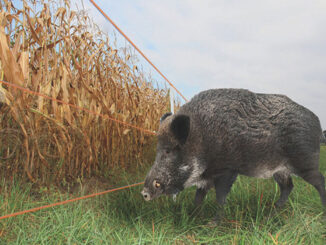
The Cook Islands are a group of 15 islands in the middle of the South Pacific Ocean. They are located four and a half hours flight from New Zealand and have less than 20,000 inhabitants. They are named after the British explorer James Cook, who visited them several times in the second half of the 18th century.
However, the Spanish were the first to discover them.
In a few months the inhabitants of the islands will vote to change the name of their state. By doing do, they will have the opportunity to distance themselves from the colonial past.
Moreover, they will be able to choose something that reflects more the local indigenous culture and language, deeply linked to those of the New Zealand Maori.
Are the Cook Islands Independent?
The Cook Islands are located just west of French Polynesia. Here too, as in other states in the region, the economy is based on tourism. In fact, the oceanfront resorts and beautiful sandy beaches are very popular.
However, the Cook Islands are not a completely sovereign and independent state. They are in “free association” with New Zealand, which is responsible for their defence and foreign policy, but only at the request of local rulers. In fact the international community considers them a sovereign and independent state.
The Cook Islands actually became a New Zealand colony in 1901. They acquired their current status during the period of the first great drives for self-determination in the 1960s. Today the two countries maintain very good relations of collaboration. About 60 thousand Maoris from the Cook Islands live in New Zealand, mainly for economic reasons.
Searching for a New Name
The initiative to change the name of the Cook Islands has been promoted by Danny Mataroa, chairman of a special committee set up in 2019. The proposal has gradually gained the support of the local government led by Nationalist Prime Minister Henry Puna. He is the leader of the Cook Islands Party, one of the two main parties in the Cook Islands. The Deputy Prime Minister, Mark Brown, also seems enthusiastic about the idea. In fact, he told the press that he is happy to look for a traditional name for the country that reflects more of its Polynesian nature.
Actually, there had already been an initiative to change the name in the 1990s, but it failed. This time, however, Mataroa has also involved all 12 heads of the inhabited islands that make up the state in the process. In this way, the chances of final success will be higher.
So far, the committee has not publicly clarified the options to choose from. However, one of the proposals could be “Avaiki Nui“, the name used by local Maori people to indicate them. The Cook Islands‘ inhabitants might decide to keep a double name, as New Zealand still does today, where “Aotearoa“, the Maori name of the state, is frequently used.






